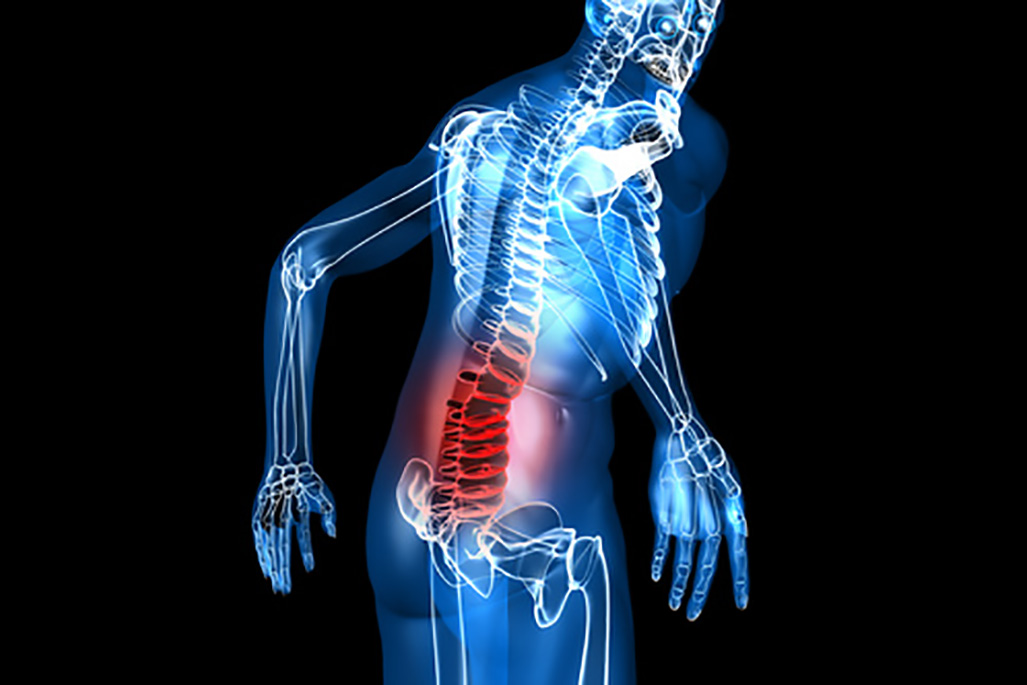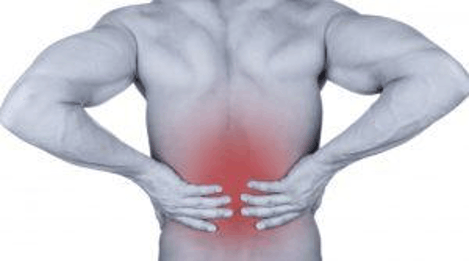
Lower back pain can make your life miserable. It can make even the simplest movements - getting in and out of your car, tying your shoes, reaching for a pot in your lower cabinet - sheer agony. You may consider your lower back pain something that you just have to "live with", but nothing could be further from the truth! In fact, poor posture and weak muscles play a greater role in lower back pain than you might imagine.
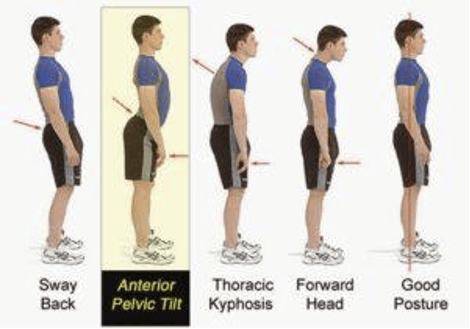
The Posture Connection
Poor posture in the form of slumping in your chair at work for much of the day or while surfing the internet during your free time can lead to lower back problems, whether your body is 20 years old or 50-something years old. Some of us do it because we mistakenly believe that it's more comfortable to slouch, and that may be true, but it's mainly because it's a habit that's hard to break. Good seated posture, however difficult it may seem - especially when you're trying to break the "slouch" habit - is so much better for your body, and specifically for your spine. When your spine is in alignment, your muscles are working more efficiently and won't "tire" as quickly. And in truth, good posture not only makes your body feel better in the long run, it also makes you feel more confident.
Exercising Key Muscles Can Help Correct Poor Posture and Ease Low Back Pain
Strengthening your core muscles isn't just a good way to deal with a little belly flab. It can make you aware of proper spine alignment and help correct poor posture habits - both when seated and when standing. You may wonder what your abs, which are located in front of your spinal column, have to do with your back. The truth is, those abs are key supports for your spine, and when they're weak, they can't do their job properly, and the result can be pain in your lower back (aka your lumbar spine). In developing stronger core muscles, you're actually providing better support for your back, making it less susceptible to injury or strain.
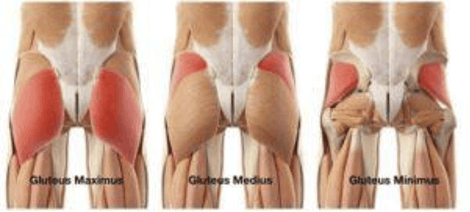
Don't Forget Those Glutes!
Your gluteals (aka your butt, your booty, your "tush", etc.) are some of the largest muscles in your body. Most people exercise them in an effort to make that part of the body look tight, toned and "perky", but exercising and strengthening the gluteals (made up of three sets of muscles known as the gluteus maximus, gluteus medius, and gluteus minimus) will also benefit your lower back!
Sitting in front of a computer for hours on end (as many of us are guilty of today), results in shortened hip flexors, weak hip extensors, and glutes that don't activate the way they should, which in turn results in a classic "swayback" posture. Needless to say, that sway back isn't doing your lumbar spine any good whatsoever! Strong glutes, on the other hand, support the lower back, reducing the incidence of compression and pain in the lumbar spine.
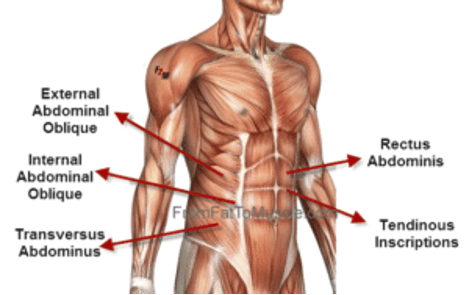
Add Abdominal and Glute Exercises to Your Strength Training Regime
If you're suffering from lower back pain, do yourself a favor and make an appointment with a good physical therapist. He or she can show you exercises that will strengthen your core muscles including your internal and external obliques and the transverse abdominals, as well as some good exercises for the gluteals. More importantly, you'll learn how to do these exercises correctly, which in itself can prevent further injury to an already problematic part of your spine!
If you're in Allegheny or Butler County in Pennsylvania, trust the professional PTs at Hess Physical Therapy to get you on the right track and help you reduce and even eliminate lower back pain once and for all!
Our locations:
- Kennedy: (412)-771-1055
- Crafton: (412)-458-3445
- Allison Park: (412)-487-2787
- Bethel Park: (412) 835-2626
- Atlasburg: (724) 947-9999
Website: www.hesspt.com
Disclaimer: this information is "not medical advice" and is used at the site visitor's own risk.
